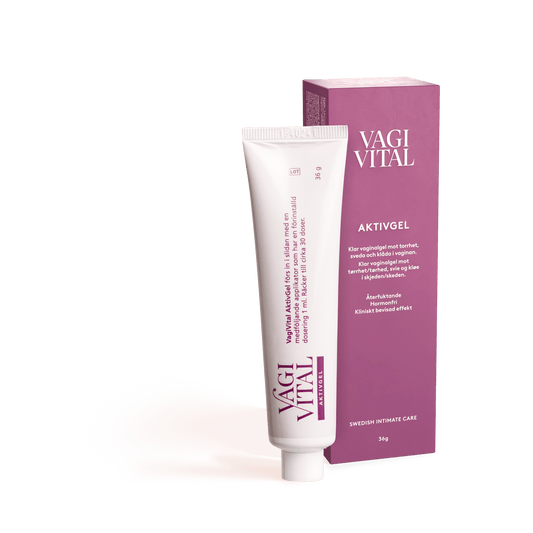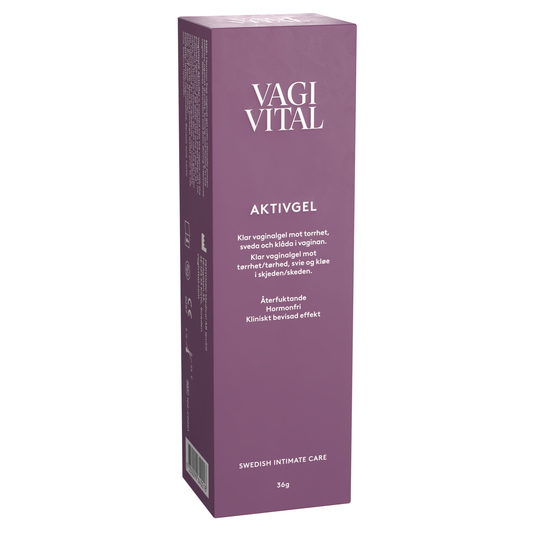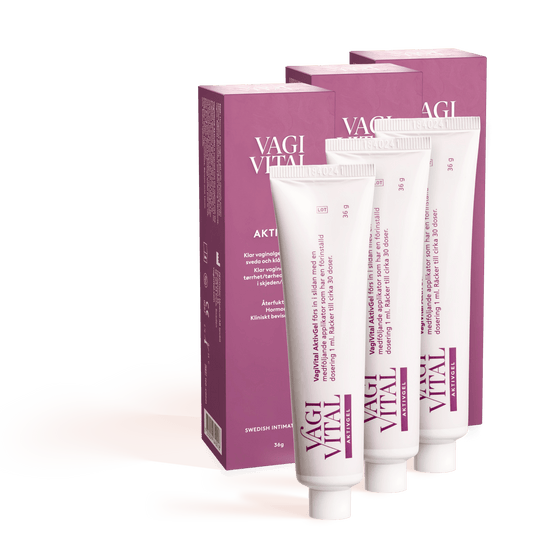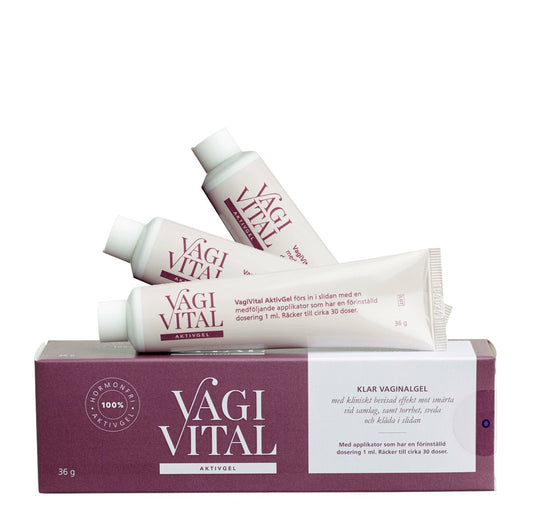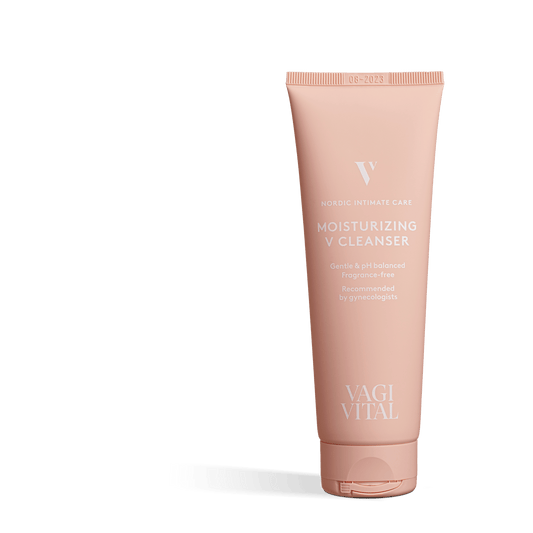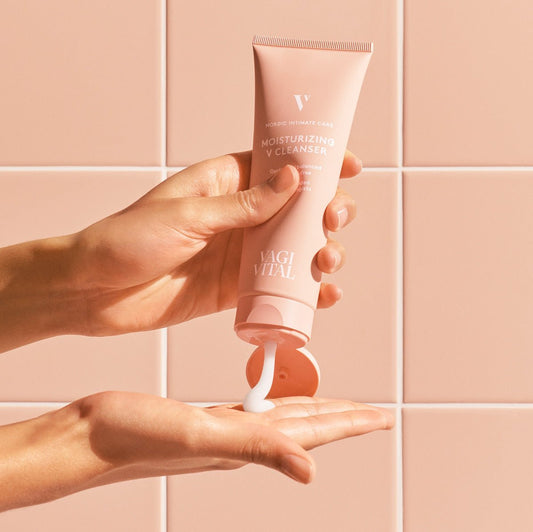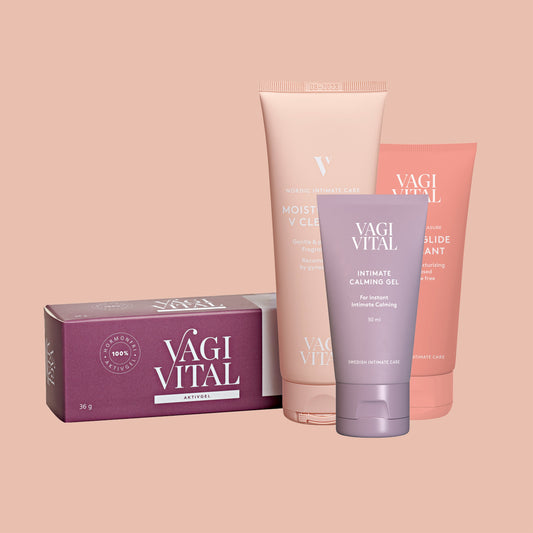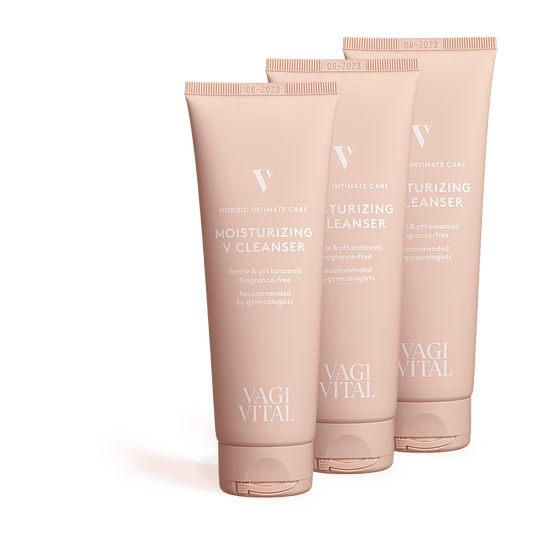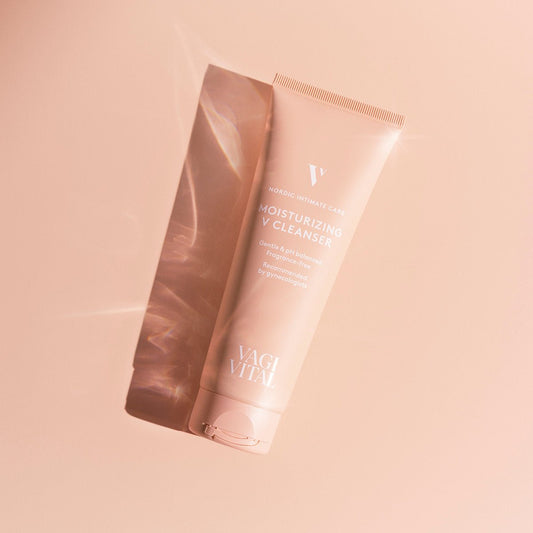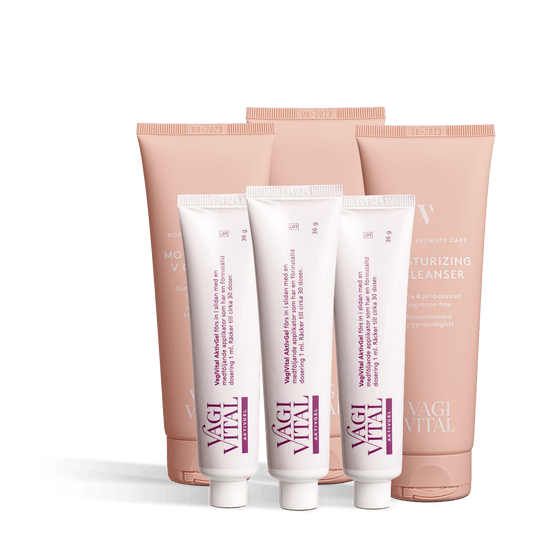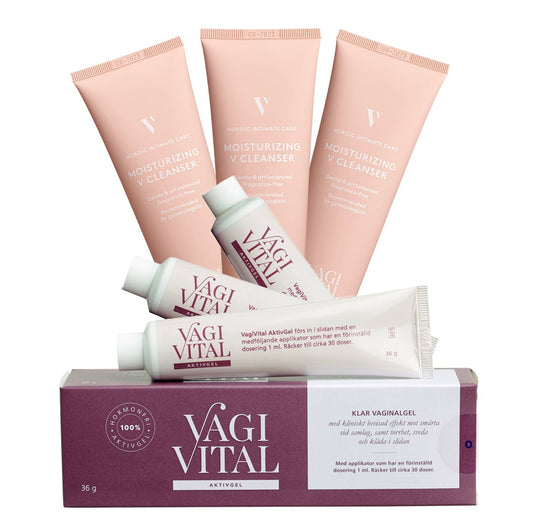Lichen Sclerosus: A guide to understanding and management
Lichen Sclerosus is a chronic skin disease that primarily affects the genital and anal areas but can also affect other parts of the body. Although it is a relatively rare disease, it can cause significant discomfort and affect quality of life. According to estimates, about 1 in 70 women suffer from Lichen Sclerosus. This means that around 1.4% of women may be affected by this chronic skin disease. However, it is important to note that some women may experience complete recovery and become entirely symptom-free. It is important to note that this figure may vary slightly depending on the study and population examined. Lichen Sclerosus can occur in all age groups, but it is more common in postmenopausal women (women who have passed menopause). It is also worth mentioning that the disease may be underdiagnosed, as many may feel uncomfortable seeking care for their symptoms or that the symptoms may be mistaken for other conditions.
When I read a review from one of our users, Pernilla, who herself has Lichen Sclerosus, I felt it was time to highlight the disease and spread a little more knowledge about it ❤️

WHAT IS LICHEN SCLEROSUS?
Lichen Sclerosus (LS) is an inflammatory skin disease characterized by thin, white patches on the skin that can itch and cause pain. These patches can become fragile, brittle, and crack, which can lead to further complications.
SYMPTOMS OF LICHEN SCLEROSUS
Symptoms of Lichen Sclerosus can vary from person to person, but the most common include:
🌸 White patches on the skin, mainly in the genital and anal areas
🌸 Itching, which can be intense
🌸 Pain or discomfort, especially on touch or during intercourse
🌸 Cracks or bleeding on the skin
🌸 Changes in the skin's structure, such as thickening or wrinkling
In women, Lichen Sclerosus can affect the vulva, while men are most often affected on the foreskin of the penis. The disease can also occur in children but is more common in adults.
CAUSES OF LICHEN SCLEROSUS
The exact cause of Lichen Sclerosus (LS) is unknown, but researchers believe that several factors may play a role:
🌸 Autoimmune reaction: Many experts believe that LS may be an autoimmune disease, where the body's immune system mistakenly attacks healthy skin tissue.
🌸 Genetic factors: There is some evidence that genetic factors may increase the risk of developing LS.
🌸 Hormones: LS is more common in postmenopausal women, suggesting that hormonal changes may be a contributing factor.
🌸 Skin injuries: Damage to the skin, such as scarring or inflammation, can also be a triggering factor.
DIAGNOSIS OF LICHEN SCLEROSUS
The diagnosis of Lichen Sclerosus is often made through a physical examination and a medical history. The doctor may also take a skin biopsy to confirm the diagnosis, which involves removing a small piece of skin and examining it under a microscope.
TREATMENT OF LICHEN SCLEROSUS
There is no cure for Lichen Sclerosus, but treatments can help manage symptoms and prevent the disease from worsening. Common treatment options include:
🌸 Corticosteroid creams: These creams are the most common treatment and can reduce inflammation and itching.
🌸 Immunosuppressive drugs: For people who do not respond to corticosteroids, immunosuppressive drugs may be an option.
🌸 Moisturizing creams: Regular use of moisturizing creams can help keep the skin soft and prevent cracks.
🌸 Surgery: In severe cases, surgery may be necessary to remove damaged skin or to treat complications such as scarring.
VAGIVITAL AKTIVGEL – CLINICALLY PROVEN AT SWEDISH UNIVERSITY HOSPITALS
For a disease like Lichen Sclerosus, there is unfortunately no miracle cure, but VagiVital AktivGel can offer significant relief by moisturizing the mucous membrane. The gel is hormone-free and mostly consists of water. The secret behind its unique properties is the low osmolality, which means that the moisture in the gel is effectively transferred to the mucous membrane. Additionally, the gel has a high viscosity that makes it stay where it is applied, ensuring that moisture is released to the mucous membrane over time without being sticky. Clinical studies at Swedish university hospitals have shown that women achieve the best results when using the gel once a day for a period of 90 days, which corresponds to three tubes.

Buy 3 tubes of AktivGel and get 10% off here
LIVING WITH LICHEN SCLEROSUS
Getting a diagnosis of Lichen Sclerosus can be frightening, but it is important to remember that help and support are available. Here are some tips for managing the disease:
🌸 Follow the doctor's advice: Use the prescribed treatments regularly and according to instructions.
🌸 Avoid irritation: Wear loose-fitting clothes and avoid soaps and products that can irritate the skin.
🌸 Keep the skin clean and dry: Proper hygiene can help prevent infections and further irritation.
🌸 Seek support: Talk to a doctor, therapist, or support group to get advice and support.
If you suspect you have Lichen Sclerosus or experience the above symptoms, do not hesitate to seek medical help. With the right care and support, you can live a full and active life despite the disease ❤️
Take care of yourself ❤️
/Fanny Falkman Grinndal
Business Manager Nordics
Peptonic Medical AB
fanny.falkman-grinndal@peptonicmedical.se
Recommended products for you
- Choosing a selection results in a full page refresh.
- Opens in a new window.
